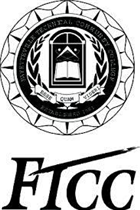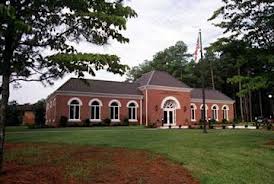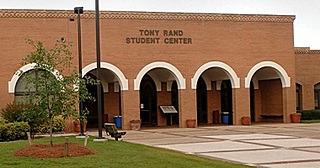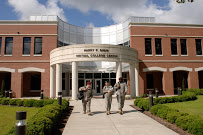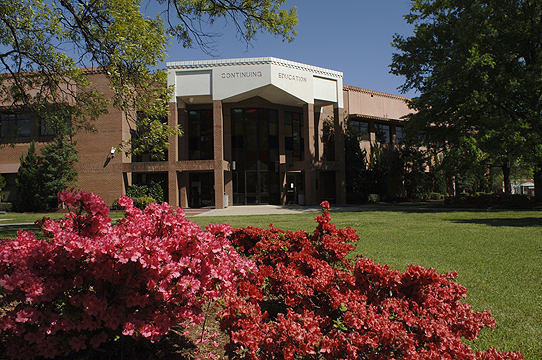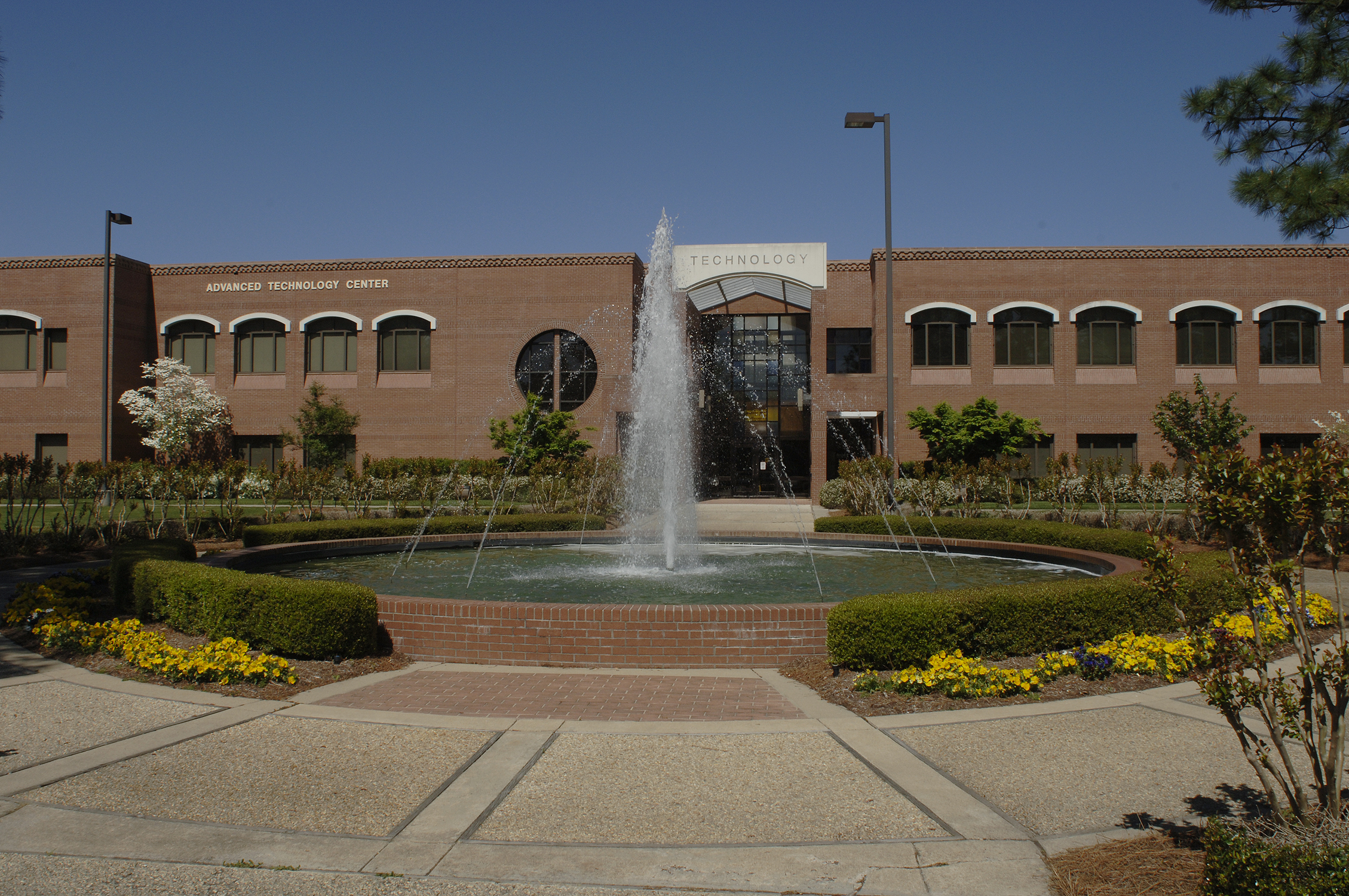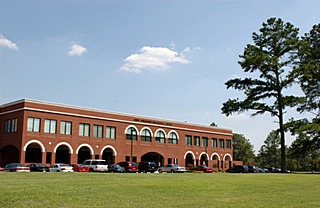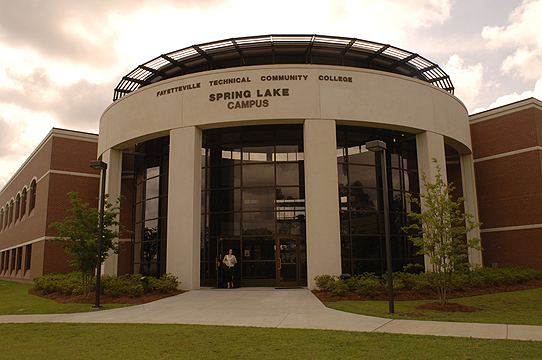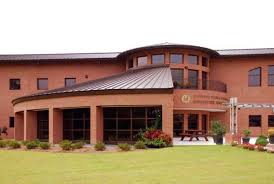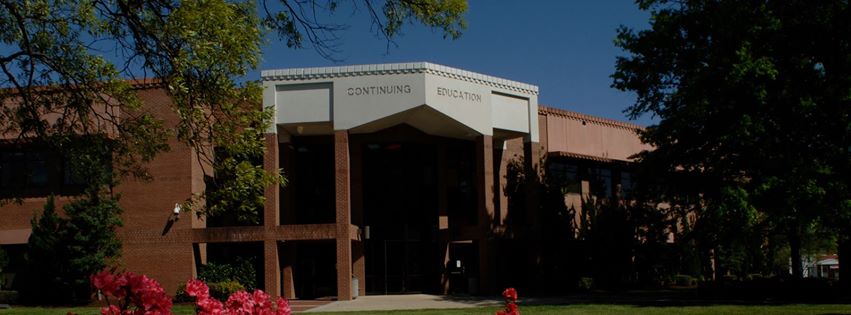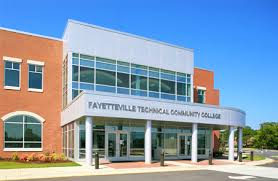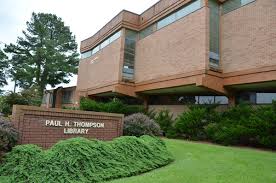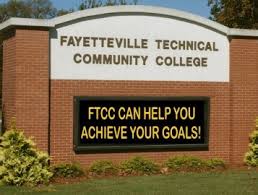
 |
|---|
The institution identifies expected outcomes, assesses the extent to which it achieves these outcomes, and provides evidence of improvement based on analysis of the results in each of the following area:
(Institutional Effectiveness)
3.3.1.1 educational programs, to include student learning outcomes
| ____ Non-Compliance |
|---|
Summary
Fayetteville Technical Community College (FTCC) is in compliance with this comprehensive standard. An educational program, as defined by the College, is one where academic credit is awarded and upon successful completion culminates in a formal award. FTCC awards associate degrees, diplomas, and certificates.
FTCC is committed to using meaningful assessment as a tool in making the decisions that enhance student learning outcomes. The College provides both the means and the structure to support this commitment. An assessment management system, WEAVEonline®, is the platform by which all educational programs (referred to as “academic entities” for assessment purposes) participate in an annual, systematic process of assessment. The process results in an assessment plan that includes a unit mission statement, student learning outcomes, methodologies for measuring the outcomes, specific achievement targets, findings, and the implications of the findings on the future direction of the education program.
Additionally, each education program undergoes an Academic Program Review process to ensure that the program remains relevant and current. Research is conducted annually to assess changes in the internal and external environment, which is used to create planning assumptions (pg. 45) for the upcoming year.
FTCC demonstrates its continual quality improvements through a systematic integration of institution-wide assessment and the strategic planning process. This commitment to assessment-informed strategic planning ensures that FTCC effectively fulfills its mission and is responsive to both the immediate and long-term needs of its students, regardless of the modality of instructional delivery. Service-support units have also adopted the culture of assessment and complete their own assessment plans.
Narrative
FTCC has developed comprehensive processes for identifying student learning outcomes within its educational programs. Expected student learning outcomes include the skills, general education competencies (pg. 78), knowledge, behaviors and/or attitudes that graduates of the programs are expected to demonstrate upon completion of their programs of study. FTCC also identifies procedures and/or methods (pg. 3) for determining the extent to which the intended/learning outcomes are achieved.
An educational program is considered an academic entity for assessment purposes. Each academic supervisor collaborates with program instructors to formulate outcomes, measures, and achievement targets for each annual assessment plan. This collaboration provides the structure to ensure program-wide engagement in assessment. The department supervisors work in tandem with the Office of Institutional Effectiveness to ensure viable assessment plans lead to measurable findings for program improvements.
The major steps used in developing FTCC Academic Program Assessment Plans are summarized below:
- Each academic program develops a mission/purpose statement supporting the institution's Mission Statement and Purpose Statement.
- Deans and faculty from each academic program meet to jointly identify expected student learning outcomes for the programs.
- Student Learning Outcomes are correlated with FTCC General Education Competencies (pg. 77), Institutional Goals, and Strategic Plan (pg. 4) strategies.
- A method for measuring each student learning outcome is established in terms of:
a. What will be measured?
b. Why will it be measured?
c. How will the measurement occur (rubric or metric used)?
d. When will the measurement occur?
e. Who will do the measuring? - Rubrics and other measuring instruments are developed within the academic planning entity to ensure adequate data collection occurs annually and measurements are directly related to student learning outcomes.
- After full implementation of the assessment plan, an achievement target is established for each measure for purposes of comparing what was originally planned with the final results.
- Findings for each year are reported between April and June of the assessment cycle.
- An action plan (pg. 4) is formulated when an outcome is partially met or not met, resulting in a determination that the outcome and/or its measurement must be modified or re-evaluated and/or carried forward to the following assessment cycle. If the assessment findings and/or program review indicate additional resources are required, planning entities prepare and submit appropriate budget decision packages. This ensures budget allocations are wisely spent on areas which will promote the greatest positive impact in student learning outcomes.
- Prior to beginning a new annual assessment cycle, the assessment process for the current cycle is analyzed (pg. 5) using the following criteria:
a. What were the strengths of the overall assessment process?
b. What were the weaknesses of the overall assessment process?
c. What was learned as a result of the overall assessment process?
d. How will the learning outcome impact the direction and emphasis of the academic or support entity in the short and long term? - Based on the action plan(s) and the analysis, a new assessment plan is created for the next assessment cycle.
- The process is repeated during subsequent cycles.
FTCC’s use of the assessment process demonstrates the College’s commitment to assessment and quality improvement. FTCC has a culture of assessment evidenced by assessment plans and end of year reports at all levels of the College, including the President’s Office.
As illustrated by the entity tree, every academic program and support unit of the College conducts an annual assessment. Each entity is audited throughout the assessment cycle to ensure compliance and alignment with the approved College’s assessment process. Each academic program identifies student learning outcomes that are assessed by modality and location. This information is indicated in the results section of each assessment plan with supporting evidence. Based upon the entity tree, the College has provided examples from the different academic and support units in order to demonstrate compliance during the following assessment cycles: 2013-14, 2014-15, 2015-16.
Fayetteville Technical Community College only offers one distance learning program (offered solely online), institution-level outcomes, program-level outcomes such as retention, graduation rates, job placement, and program enrollment as reflected and analyzed in the Academic Program Reviews of each academic assessment, and course-level outcomes are the same and assessed regardless of the location or modality. Therefore, assessment reports contain program outcomes assessments from all appropriate locations where the courses in the programs are offered, as well as all methods of course delivery, such as face-to-face or distance learning on an annual basis. In addition to programs offered at the Fayetteville Campus, Spring Lake Campus offers Practical Nursing and Basic Law Enforcement Training programs, which are only offered face-to-face. These programs are assessed annually as with other curricular programs of study offered at the Fayetteville Campus. The College’s Horticulture Technology program, offered at the Horticulture Education Center (Cape Fear Botanical Gardens) in a face-to-face format only, is assessed annually as well.
The College’s Academic Program Review Process (pg. 20) supplements programmatic assessments. Academic programs participate in an in-depth program review to ensure the program remains relevant and continues to improve based on assessment findings. While completing program reviews, chairs, coordinators, and faculty consider feedback received from the following surveys and evaluations:
- Graduate Survey
- Non-Returning Student Survey
- Faculty/Administration/Staff Support Services Survey
- Instructor/Course Evaluations
To strengthen the link between annual program reviews and the assessment process, program faculty meet with advisory committee members to align instruction with industry needs. Advisory Committee meetings, the assessment process, and the annual program review validate the College’s dedication to the improvement of educational programs.
